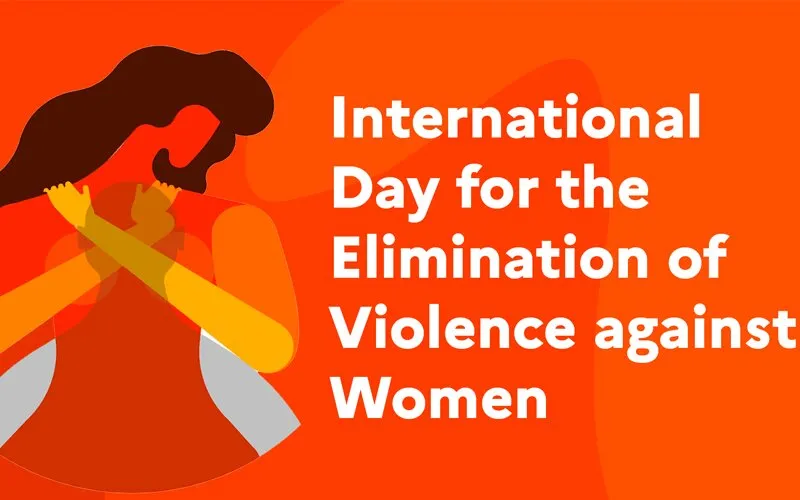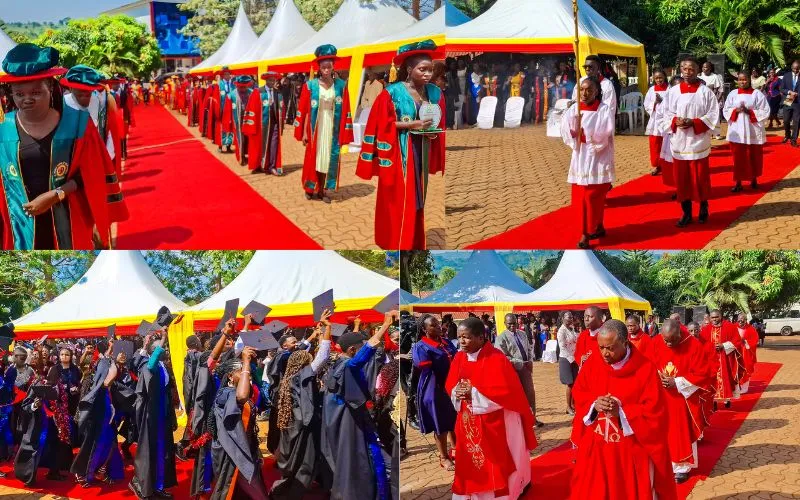Kinshasa, 24 November, 2020 / 9:17 pm (ACI Africa).
Ahead of the International Day for the Elimination of Violence against Women to be marked Wednesday, November 25, the leadership of Trocaire, the overseas development agency of Ireland’s Catholic Bishops, has highlighted the plight of victims of sexual-based violence (SBV) in the Democratic Republic of Congo (DRC) where such atrocities are “all too common.”
“Sexual violence is a significant problem in the country; over 1.9 million women in DRC have experienced rape during their life,” the leadership of the agency says in a Tuesday, November 24 report obtained by ACI Africa.
Making reference to the challenges around the prosecution of SBV cases in DRC, Trocaire officials add, “Judges will often side with either the survivor or the perpetrator depending on how much they can pay.”
Amid multiple cases of the violence, Trocaire’s leadership in DRC offers support to SBV victims in the Central African nation through its local partner organization, SOFEPADI, which runs the Karibu Medical Centre that offers safety, support and refuge to the affected women in the crisis-ridden province of Ituri, Northeast DRC.
In the gold-rich province that has endured the most of the country’s worst conflict, “Rape has been used widely as a tactic by armed groups, and happens with alarming frequency,” the leadership of the 47-year-old Catholic agency says in the report.








